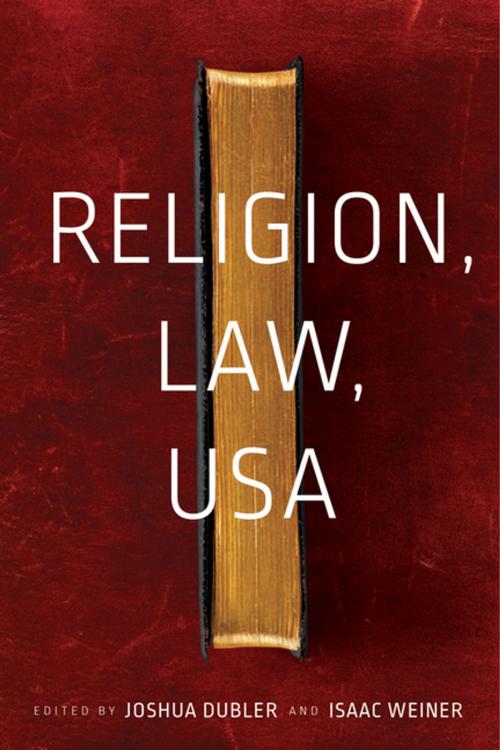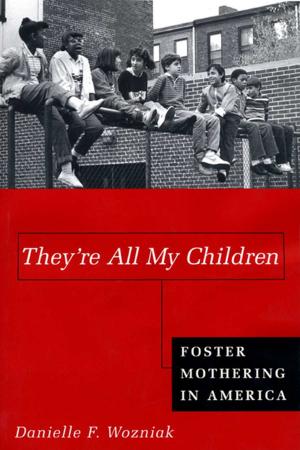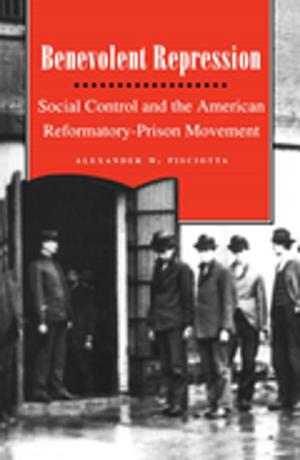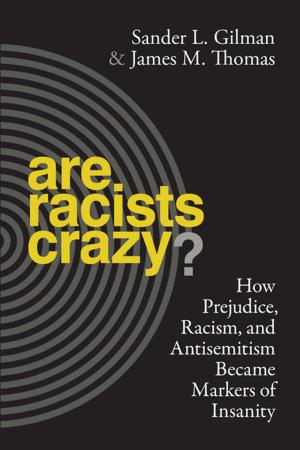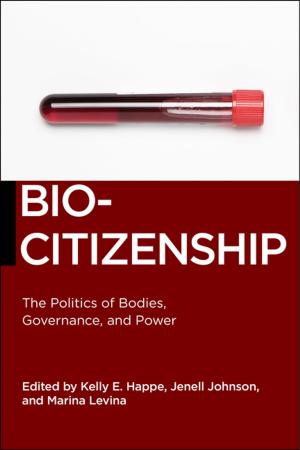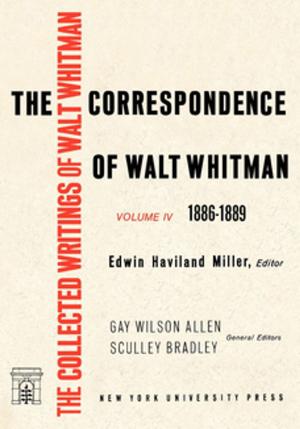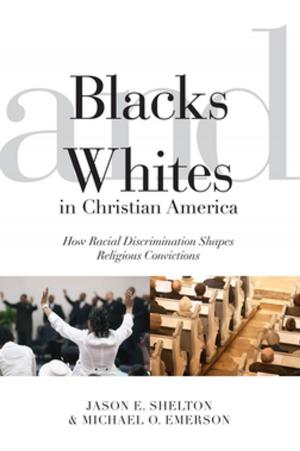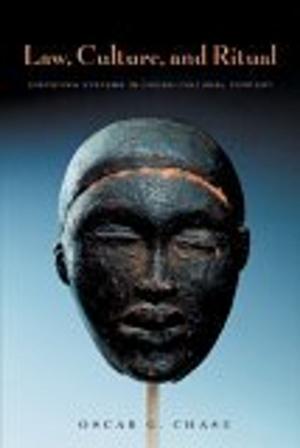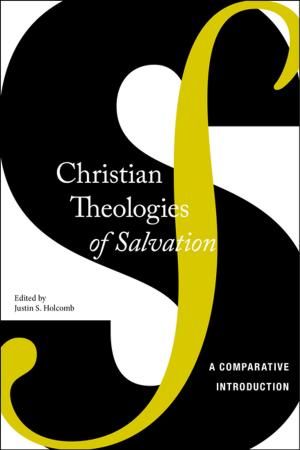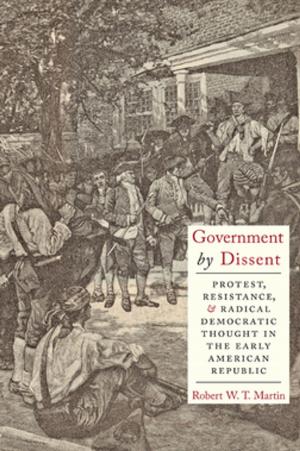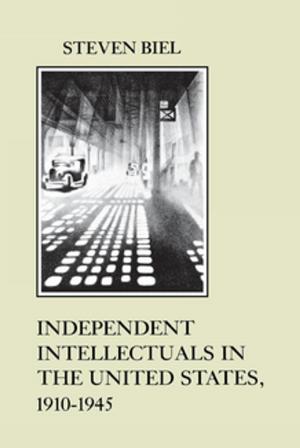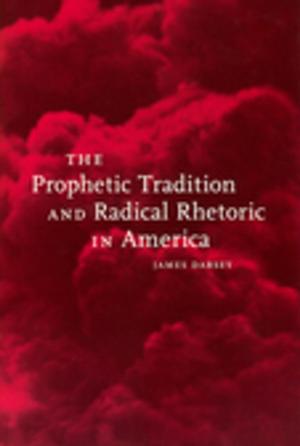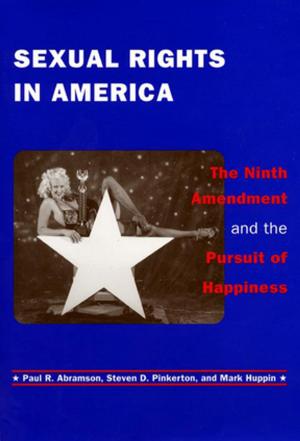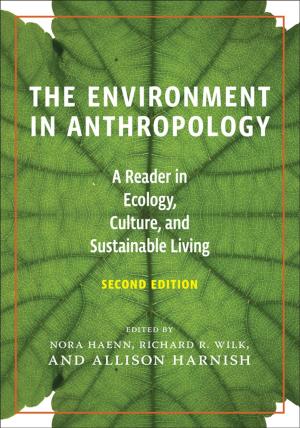Religion, Law, USA
Nonfiction, Religion & Spirituality, Christianity, Church, Church & State, Reference & Language, Law| Author: | Isaac Weiner | ISBN: | 9781479812882 |
| Publisher: | NYU Press | Publication: | July 2, 2019 |
| Imprint: | NYU Press | Language: | English |
| Author: | Isaac Weiner |
| ISBN: | 9781479812882 |
| Publisher: | NYU Press |
| Publication: | July 2, 2019 |
| Imprint: | NYU Press |
| Language: | English |
Offers insight into the complex relationship between religion and law in contemporary America
Why religion? Why law? Why now? In recent years, the United States has witnessed a number of high-profile court cases involving religion, forcing Americans to grapple with questions regarding the relationship between religion and law. This volume maps the contemporary interplay of religion and law within the study of American religions.
What rights are protected by the Constitution’s free exercise clause? What are the boundaries of religion, and what is the constitutional basis for protecting some religious beliefs but not others? What characterizes a religious-studies approach to religion and law today? What is gained by approaching law from the vantage point of religious studies, and what does attention to the law offer back to scholars of religion? Religion, Law, USA considers all these questions and more.
Each chapter considers a specific keyword in the study of religion and law, such as “conscience,” “establishment,” “secularity,” and “personhood.” Contributors consider specific case studies related to each term, and then expand their analyses to discuss broader implications for the practice and study of American religion. Incorporating pieces from leading voices in the field, this book is an indispensable addition to the scholarship on religion and law in America.
Offers insight into the complex relationship between religion and law in contemporary America
Why religion? Why law? Why now? In recent years, the United States has witnessed a number of high-profile court cases involving religion, forcing Americans to grapple with questions regarding the relationship between religion and law. This volume maps the contemporary interplay of religion and law within the study of American religions.
What rights are protected by the Constitution’s free exercise clause? What are the boundaries of religion, and what is the constitutional basis for protecting some religious beliefs but not others? What characterizes a religious-studies approach to religion and law today? What is gained by approaching law from the vantage point of religious studies, and what does attention to the law offer back to scholars of religion? Religion, Law, USA considers all these questions and more.
Each chapter considers a specific keyword in the study of religion and law, such as “conscience,” “establishment,” “secularity,” and “personhood.” Contributors consider specific case studies related to each term, and then expand their analyses to discuss broader implications for the practice and study of American religion. Incorporating pieces from leading voices in the field, this book is an indispensable addition to the scholarship on religion and law in America.
